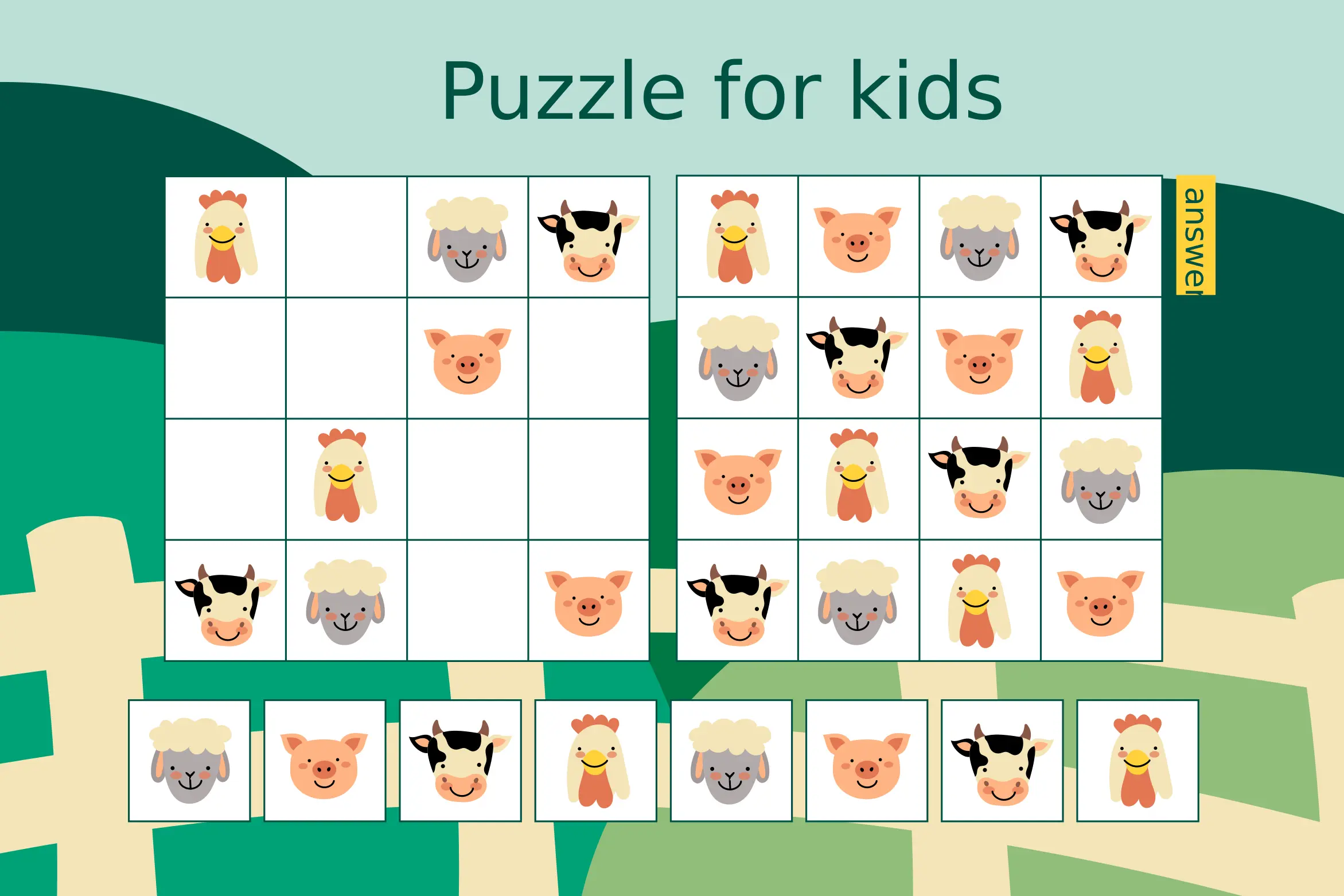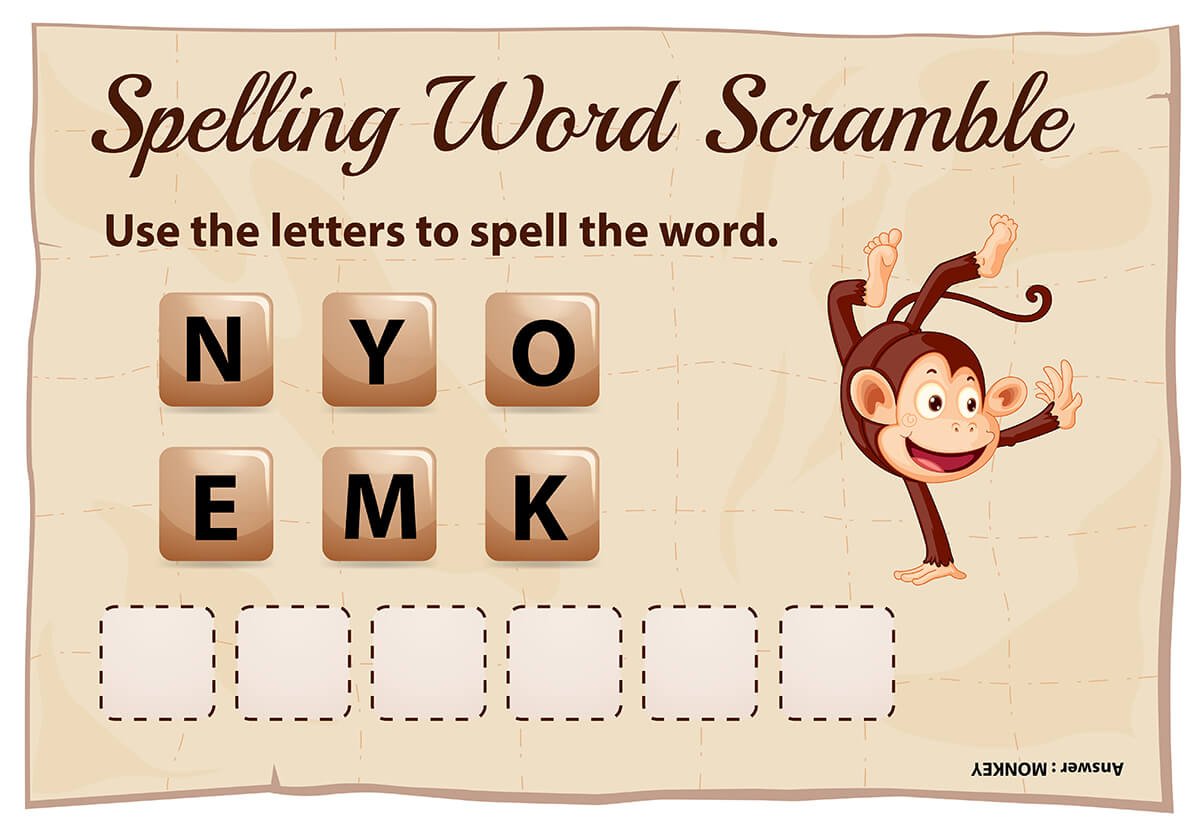What Are Educational Games and Brain Teasers Online? Revolutionary Learning Tools
Educational games and brain teasers represent a transformative approach to learning that combines entertainment with cognitive development for children of all ages. These interactive digital activities are specifically designed to enhance critical thinking, problem-solving skills, and academic performance while keeping students engaged and motivated.
Educational games encompass digital learning platforms that teach core subjects like mathematics, science, language arts, and social studies through interactive gameplay mechanics. Brain teasers, conversely, focus on challenging puzzles and riddles that stimulate cognitive functions, improve memory retention, and develop logical reasoning abilities.
Key Components of Modern Educational Gaming
Online educational platforms integrate multiple learning modalities, including visual, auditory, and kinesthetic elements, to accommodate different learning styles. These games often feature adaptive difficulty levels that automatically adjust to individual student progress, ensuring optimal challenge without overwhelming young learners.
Popular educational gaming platforms like Prodigy Math, ABCya, and PBS Kids Games offer thousands of curriculum-aligned activities covering kindergarten through eighth-grade standards. These platforms provide immediate feedback, progress tracking, and detailed analytics for both parents and teachers to monitor student development.
Why Educational Games and Brain Teasers Are Essential for Learning Success
Cognitive Development Enhancement
Research demonstrates that educational games significantly boost cognitive development in children by engaging multiple brain regions simultaneously. Studies show that students who regularly participate in educational gaming activities demonstrate improved working memory, enhanced processing speed, and stronger attention spans compared to traditional learning methods.
Brain teasers specifically target executive function skills, including planning, decision-making, and flexible thinking. These activities strengthen neural pathways responsible for critical thinking and help children develop systematic problem-solving approaches that benefit academic performance across all subjects.
Motivation and Engagement Amplification
Educational games leverage intrinsic motivation principles by incorporating elements like achievement badges, progress tracking, and friendly competition. Research indicates that 70% of teachers report increased student engagement when using educational video games in their classrooms.
The gamification elements present in educational brain teasers create positive learning associations that make challenging academic concepts more approachable and enjoyable. This increased motivation leads to longer study sessions, better retention rates, and improved academic outcomes.
Social-Emotional Learning Benefits
Many educational games incorporate collaborative features that develop essential social skills, including teamwork, communication, and empathy. Multiplayer educational platforms allow students to work together on problem-solving activities, fostering peer learning and building classroom community.
Brain teasers particularly excel at building resilience and persistence as students learn to approach challenges methodically and celebrate incremental progress. These experiences help children develop growth mindsets and confidence in their ability to overcome academic obstacles.

How Educational Games and Brain Teasers Transform Learning Experiences
Multi-Sensory Learning Integration
Educational games employ comprehensive sensory engagement through colorful visuals, interactive sound effects, and tactile feedback mechanisms. This multi-sensory approach helps students with different learning preferences access and retain information more effectively than traditional textbook-based instruction.
Brain teasers utilize visual-spatial processing through pattern recognition activities, mathematical puzzles, and logic problems that strengthen right-brain creative thinking abilities. These activities complement traditional left-brain analytical instruction to provide holistic cognitive development.
Personalized Learning Pathways
Advanced educational gaming platforms utilize artificial intelligence algorithms to create customized learning experiences tailored to individual student needs and preferences. These systems analyze performance data to identify knowledge gaps and provide targeted practice activities.
Adaptive brain teaser programs adjust difficulty levels dynamically based on student response patterns, ensuring optimal challenge levels that promote flow states and sustained engagement. This personalization helps prevent both boredom from overly simple tasks and frustration from excessively difficult challenges.
Real-Time Assessment and Feedback
Educational games provide immediate performance feedback that helps students understand concepts and correct mistakes in real-time. This instant response system accelerates learning by eliminating the delay between practice and correction that occurs with traditional assessment methods.
Brain teaser platforms offer detailed analytics dashboards for parents and teachers to track student progress, identify areas of strength and weakness, and make informed instructional decisions. These insights enable targeted interventions and personalized support strategies.
Educational Games vs Traditional Learning: Comprehensive Comparison
| Learning Method | Educational Games & Brain Teasers | Traditional Textbook Learning |
|---|---|---|
| Engagement Level | High (gamified, interactive) | Low to Medium (passive reading) |
| Retention Rate | 75-90% (active participation) | 10-20% (passive consumption) |
| Immediate Feedback | Real-time corrections & guidance | Delayed (hours/days for grading) |
| Personalization | AI-driven adaptive difficulty | One-size-fits-all approach |
| Motivation Factors | Intrinsic (fun, achievement) | Extrinsic (grades, rewards) |
| Collaboration Opportunities | Built-in multiplayer features | Limited group work options |
| Progress Tracking | Automated detailed analytics | Manual teacher assessment |
| Cost Effectiveness | Low (often free platforms) | High (textbooks, materials) |
| Accessibility | 24/7 online availability | Limited to classroom hours |
| Skill Development | Critical thinking + subject mastery | Primarily content memorization |
Revolutionary Benefits of Educational Brain Games for Students
Academic Performance Enhancement
Students using educational games consistently demonstrate 20-30% improvement in standardized test scores compared to peers using traditional learning methods. Math-focused brain teasers particularly excel at building numerical fluency and problem-solving confidence.
Memory and Concentration Improvements
Regular engagement with educational brain teasers strengthens working memory capacity and extends attention spans in children. Studies show students can maintain focus for 40% longer periods after consistent brain teaser practice.
Critical Thinking Development
Brain teasers cultivate analytical reasoning skills by presenting complex problems requiring systematic analysis and creative solution strategies. These abilities transfer directly to academic subjects and real-world problem-solving situations.
Language and Communication Skills
Educational word games and language-based brain teasers expand vocabulary knowledge and improve reading comprehension scores. Students develop stronger verbal expression abilities through interactive storytelling and word puzzle activities.
Mathematical Competency Building
Math-focused educational games create positive associations with numerical concepts, reducing math anxiety while building computational fluency. Visual and interactive mathematical brain teasers help students understand abstract concepts through concrete representations.
Essential Educational Game Categories for Parents and Teachers
Subject-Specific Learning Games
- Mathematics: Prodigy Math, Khan Academy Kids, and Math Playground offer comprehensive curricula covering arithmetic through algebra concepts.
- Language Arts: Reading Eggs, Starfall, and ABCya provide phonics instruction, vocabulary building, and reading comprehension activities.
- Science: Mystery Science, National Geographic Kids, and BrainPOP offer interactive experiments and scientific concept exploration.
Cognitive Development Brain Teasers
- Memory Games: Concentration activities, pattern matching, and sequence recall exercises strengthen retention abilities.
- Logic Puzzles: Sudoku variations, coding challenges, and strategy games develop systematic thinking skills.
- Creative Problem-Solving: Open-ended challenges, invention games, and design thinking activities foster innovation.
Social-Emotional Learning Activities
- Collaboration Games: Team-based challenges that require communication and cooperation to achieve shared goals.
- Empathy Building: Role-playing scenarios and perspective-taking activities that develop emotional intelligence.
Implementation Strategies for Parents and Teachers
Classroom Integration Techniques
Teachers can incorporate 5-10 minute brain teaser sessions at the beginning of class periods to activate student thinking and create positive learning environments. These warm-up activities prepare minds for more complex academic content while building classroom community.
Educational games work effectively as differentiated instruction tools, allowing teachers to provide appropriate challenge levels for diverse learners within a single classroom setting. Advanced students can tackle complex puzzles while struggling learners build foundational skills through scaffolded activities.
Home Learning Support
Parents can establish dedicated game-based learning time that balances educational content with entertainment value. Setting daily goals and celebrating achievements helps maintain motivation and creates positive family learning experiences.
Regular progress monitoring discussions between parents and children about game-based learning experiences reinforce skill development and identify areas needing additional support.
Frequently Asked Questions
Are educational games as effective as traditional teaching methods for academic learning?
Research consistently demonstrates that educational games outperform traditional methods in engagement, retention, and skill development metrics. Students using game-based learning show 23% higher achievement scores on standardized assessments while maintaining significantly higher motivation levels throughout the learning process.
How much time should children spend playing educational brain games daily?
Educational experts recommend 15-30 minutes of daily brain game activity for optimal cognitive benefits without screen time concerns. This duration allows sufficient practice for skill development while maintaining balance with other learning activities and physical play.
Can brain teasers really improve academic performance in specific subjects?
Yes, targeted brain teasers demonstrably improve subject-specific academic performance through skill transfer mechanisms. Math brain teasers enhance numerical reasoning, language puzzles strengthen vocabulary and reading comprehension, and logic games improve scientific thinking abilities.
What age groups benefit most from educational games and brain teasers?
Educational games provide benefits across all age groups from preschool through high school. However, children ages 6-12 show the most dramatic improvements as their brains exhibit peak neuroplasticity and responsiveness to game-based learning interventions.
How can teachers assess student progress through educational gaming platforms?
Modern educational gaming platforms provide comprehensive analytics dashboards showing detailed progress metrics, including time spent, concepts mastered, areas of difficulty, and comparative performance data. Teachers can use these insights to make informed instructional decisions and provide targeted support where needed.
Conclusion
Educational games and brain teasers represent the future of engaging, effective learning experiences for children. By combining fun with rigorous academic content, these tools empower parents and teachers to create dynamic learning environments that foster both cognitive development and academic achievement.







